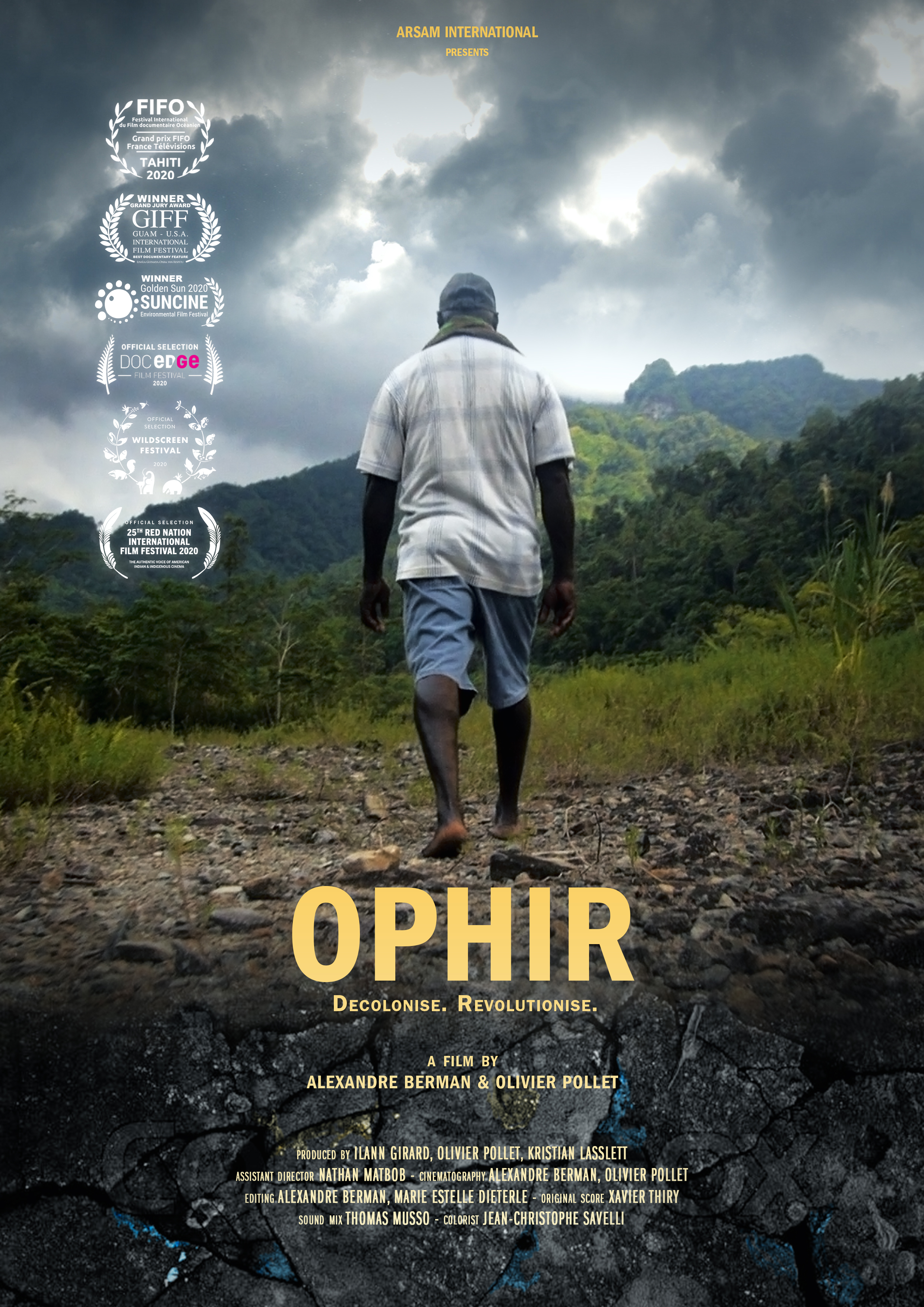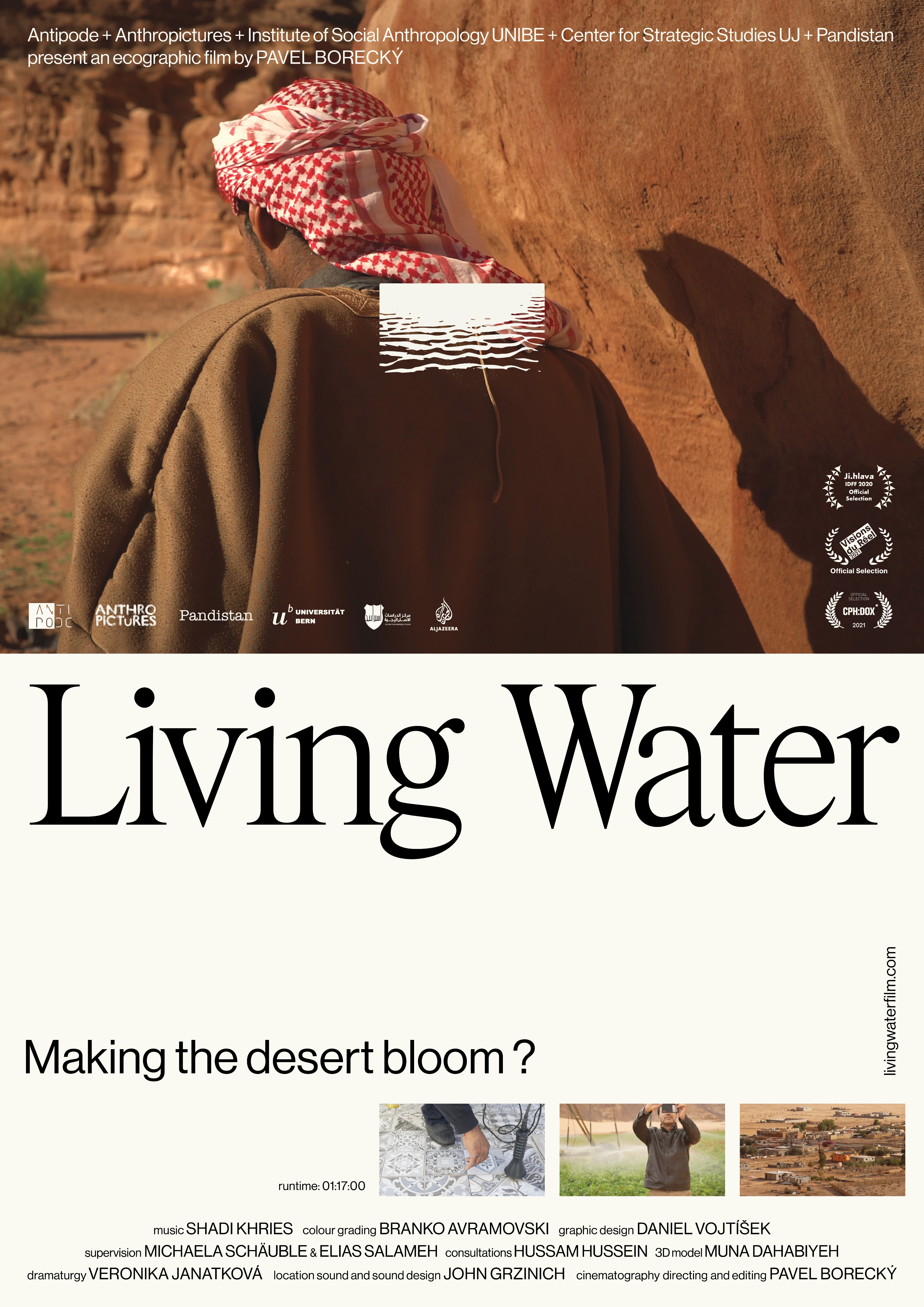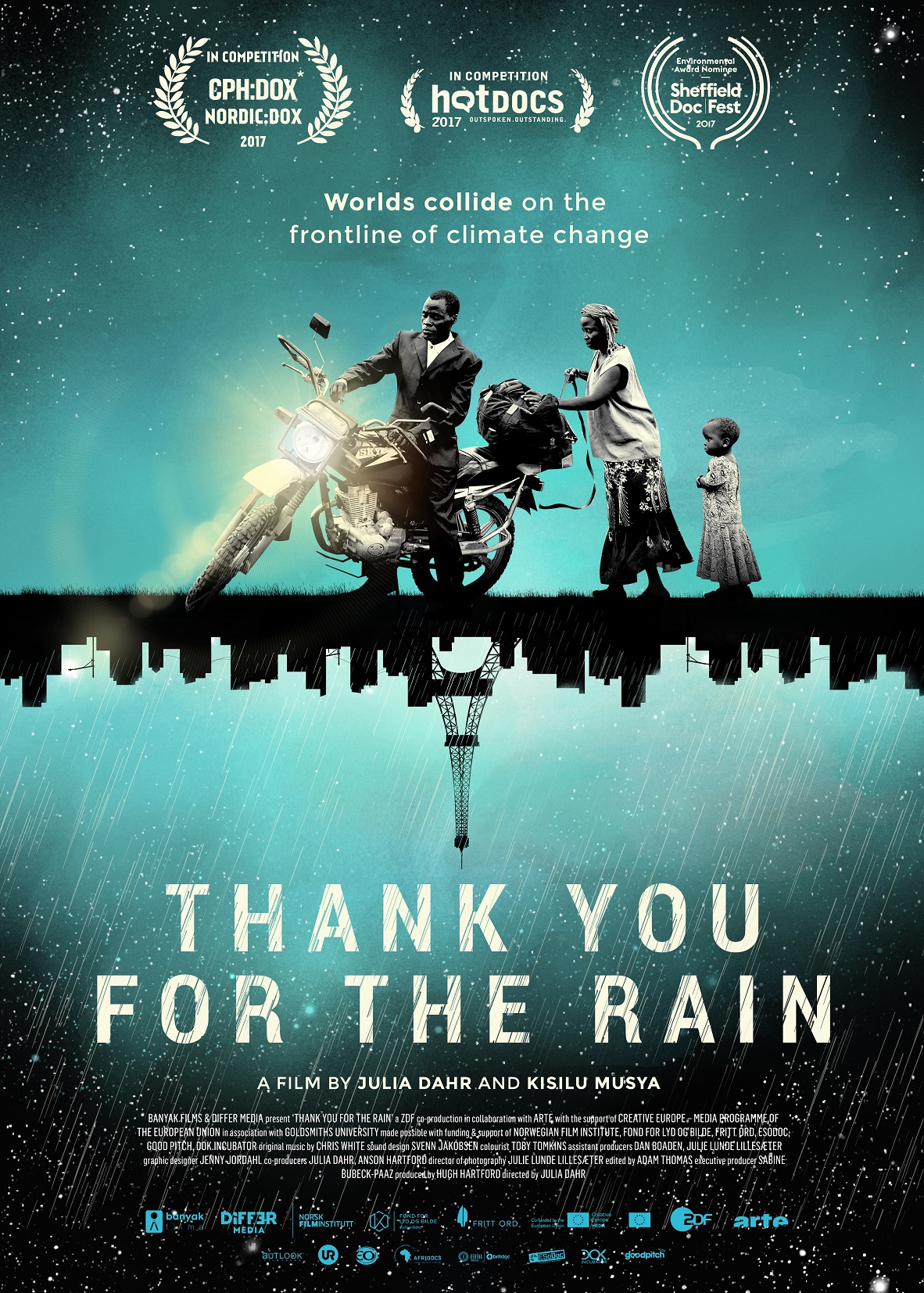As part of the Anthropology and Conservation Conference we will have a selection of films available for conference delegates to watch on demand for two weeks from 20 October – 5 November 2021.
 |
OPHIR2020 / 90 mins. This is a collaborative story of the civil war and ongoing struggle for sovereignty in Bougainville Island in the face of an all-too-familiar pattern of colonial rule and corporate mining interests. In turns poetic and dramatic, the film gives voice to an indigenous revolution on the verge of political independence from Papua New Guinea that is also still coping with the legacies of colonial trauma and environmental devastation. Dir. Olivier Pollet & Alexandre Berman |
UMA: A WATER CRISIS IN BOLIVIA2020 / 78 mins. Three indigenous communities in the Bolivian highlands fight to protect their water from diversion and contamination amid a national water crisis. UMA, the Aymara word for water, takes us on a journey from the tropical Andean glaciers and the highest navigable lake in the world to the mines of Oruro, and the vanished Lake Poopó. It is a women’s story of displacement, resistance, and struggle for environmental justice. DIRECTOR BIO |
|
|
|
Living Water2020 / 77 mins. Filmmaker: Pavel Borecký The vibration of machines echoes across the desert. Ever since Jordanian nomads settled in the spectacular landscape of Wadi Rum, they grew dependent on complex water infrastructure. The source is right below their feet, yet they struggle to meet basic needs. In the meantime, deep water extraction feeds private large-scale farms, animates visionary development and secures growing urban population. Bedouins, farmers and city dwellers: they all expect to have a fair share, but digging for “blue gold” unleashes environmental time bomb. Living Water tells the story of power, exploitation and changing ecological circumstances in one of the most water-poor countries in the world. FILMMAKER BIO |
Thank You for the Rain2017 / 87 mins. Over a period of five years Kisilu, a smallholder farmer in Kenya, used his camera to capture his family life, his village and the impacts of climate change. He has filmed floods, droughts and storms – and their human costs. Following a storm that destroys his house, Kisilu starts building a community movement of farmers fighting the impacts of extreme weather and he takes this message of hope all the way to the UN Climate Talks in Paris, COP21 – where he faces inertia, bureaucracy and arrogance. Thrown together with Norwegian filmmaker Julia Dahr, a remarkable film emerges that tells his story of strength, but also of the murky contradictions in the global climate change movement. Filmmakers: Kisilu Musya, a Kenyan farmer, climate fighter and video diarist, and Julia Dahr, a Norwegian filmmaker and activist. This film has been geoblocked because of distribution rights and will not be available to stream in the following countries: North America, Brazil, China, Belgium , Thailand, Hong Kong, Macao |
|
https://vimeo.com/ondemand/thankyoufortherainraiBecause of restrictions on the rights of distribution this film is not available (geoblocked) to viewers in North America, Brazil, China, Belgium, Thailand, Hong Kong, and Macao. |
|




